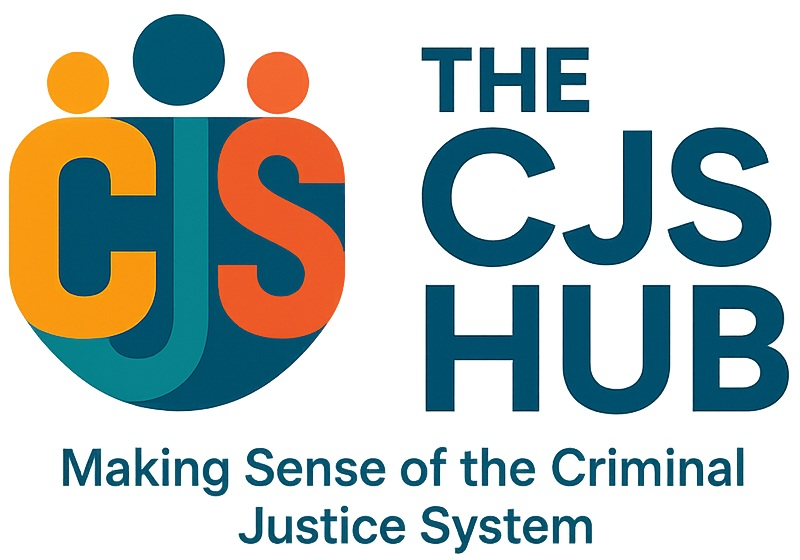What to Expect
For most people leaving prison, the sentence doesn’t end at the gate. Being released doesn’t mean you’re free to do whatever you like — you’ll almost always leave on licence. That means you’re allowed back into the community, but you’re still serving your sentence under specific rules and supervision. Understanding how your licence works, what probation expects, and where the risks lie is the key to staying on track and rebuilding your life.
What It Means to Be on Licence
When you’re released from custody, the rest of your sentence is served in the community under supervision. You’re free from the day-to-day restrictions of prison, but you’re not fully finished with the criminal justice system until your licence period ends. For most determinate sentences, this lasts until the original end date of your sentence. For life sentences and IPP sentences, licence conditions can last for many years — sometimes for life — though there are ways to apply for early termination in certain situations.
Your licence conditions are set by the Probation Service and approved by the Prison Governor before release. They’re designed to manage risk and support your reintegration. Some are standard, while others are tailored to your offence, your background, and the assessment of your risk.
Common Licence Conditions
While the exact rules vary from case to case, most people can expect conditions like:
- Living at an approved address and informing probation of any changes
- Attending regular meetings with your probation officer
- Staying away from certain people, places, or areas if they’re linked to your offence
- Not committing further offences or doing anything that raises risk concerns
- Allowing probation to visit you at home
- Seeking permission before travelling outside England & Wales
For some, especially those convicted of sexual or violent offences, there can be additional restrictions — like not contacting certain people, using the internet in specific ways, or attending treatment programmes. These will be explained in writing before you leave prison, and it’s crucial to make sure you fully understand them before signing anything.
Working with Probation
Probation’s role is to monitor risk, but also to support your resettlement. Some officers are brilliant, others less so — but either way, staying cooperative makes life easier. Missing appointments, ignoring instructions, or being dishonest will almost always cause problems. If you’re struggling with a condition — for example, finding suitable housing, meeting travel restrictions, or attending courses — speak to your probation officer as early as possible. They may be able to adjust things or refer you to other services for support.
The Risk of Recall
One of the hardest parts of being on licence is knowing that you can be recalled to prison. Recall can happen for two reasons: either you’ve been accused of breaching your licence conditions, or probation believes your risk has increased and you can’t be managed safely in the community.
Recalls aren’t always permanent. In some cases, you might be returned to custody for a fixed period before being released again, but for more serious breaches, you could stay inside until your original sentence expiry date. If you think a recall is unfair, there are routes to challenge it — but time limits are short, and it’s always better to avoid breaching in the first place if you can.
Balancing Freedom and Responsibility
Life on licence can feel restrictive at times, but it’s also a second chance — an opportunity to start rebuilding your life outside prison walls. Securing stable housing, rebuilding relationships, looking after your mental health, and accessing support for work, education, or training can all make a huge difference.
It’s normal to feel frustrated with the process, especially if conditions feel unfair or overly strict, but engaging with support services and sticking to the rules reduces the risk of recall and gets you closer to the finish line. For families and supporters, understanding how licence works helps you provide the right kind of encouragement without unintentionally making things harder.
